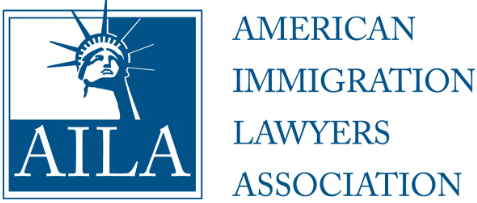Nurses and Physical Therapists can be filed under a provision called Schedule A because the Department of Labor has determined that there is a nationwide shortage of these occupations. Other health care professionals can be filed as H-1B professionals, and can obtain labor certifications. We understand the health care business and the need for these skilled professionals. We can assist you with creating a common sense plan for hiring and retaining these important workers.
Details:
Allied healthcare professionals, such as nurses, physical therapists, and medical technologists, who are foreign nationals seeking to work in the United States may need to go through a specific immigration process to obtain the necessary visas or work authorization. The exact filing requirements can vary depending on the profession, the specific visa category, and the circumstances of the individual. Here are some common visa categories and processes for allied healthcare professionals:
- H-1B Visa:
- The H-1B visa is often used for certain healthcare professionals, such as registered nurses and medical technologists.
- To obtain an H-1B visa, you typically need to have a job offer from a U.S. employer who is willing to sponsor your visa.
- The employer must file a Labor Condition Application (LCA) with the U.S. Department of Labor and submit an H-1B petition to U.S. Citizenship and Immigration Services (USCIS) on your behalf.
- TN Visa for Canadian and Mexican Healthcare Professionals:
- Under the United States-Mexico-Canada Agreement (USMCA), Canadian and Mexican citizens who are healthcare professionals may be eligible for TN visas.
- To qualify for a TN visa, you should have a job offer in a healthcare profession that is on the list of eligible TN professions, and you need to meet the specific educational and licensing requirements for that profession.
- O-1 Visa:
- The O-1 visa is for individuals with extraordinary ability or achievement in their field, and it is often used by healthcare professionals who have made significant contributions to their field.
- To obtain an O-1 visa, you must provide substantial evidence of your exceptional accomplishments, such as awards, publications, and peer recognition.
- J-1 Visa for Exchange Visitor Program:
- Healthcare professionals who participate in exchange visitor programs, such as medical residency programs, typically enter the U.S. on J-1 visas.
- Some J-1 visa holders may be subject to the two-year home-country physical presence requirement (212(e)). To work in the U.S. after completing the program, they may need to obtain a J-1 waiver or fulfill the two-year requirement before switching to another visa status.
- Employment-Based Green Card (EB-2 or EB-3):
- Some allied healthcare professionals may pursue permanent residency (green cards) in the United States through employment-based immigrant visa categories like EB-2 or EB-3.
- The process for obtaining a green card involves labor certification, where the employer demonstrates that there are no qualified U.S. workers available for the position, and then filing an immigrant petition on behalf of the employee.
The specific requirements and filing procedures can be complex and may vary based on the profession and the visa category.


